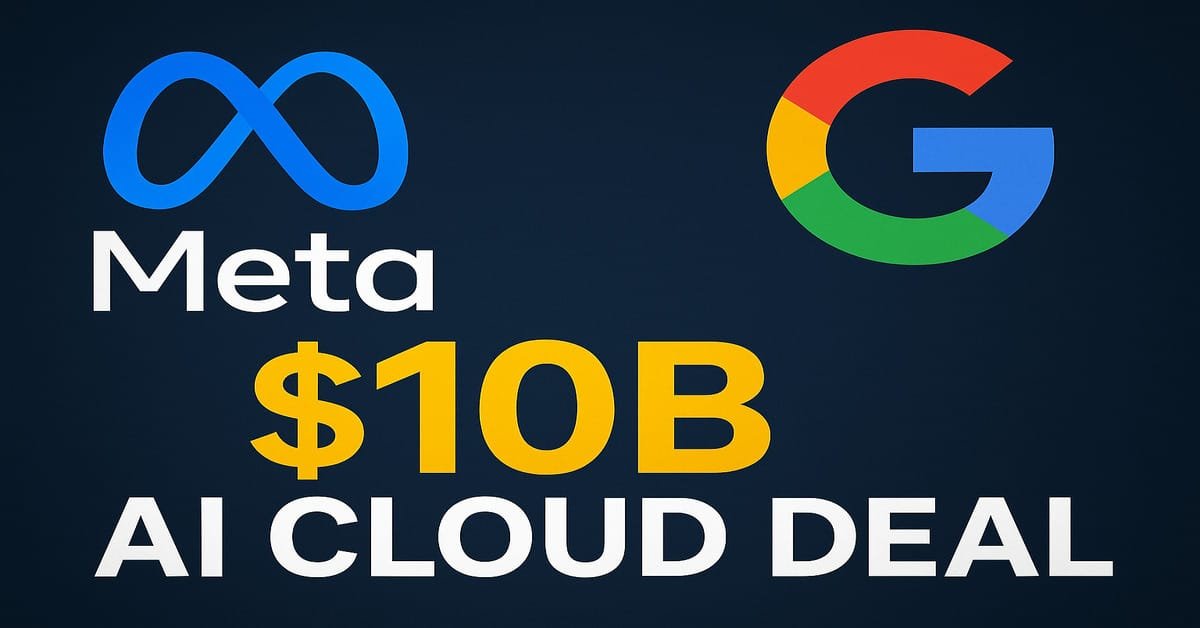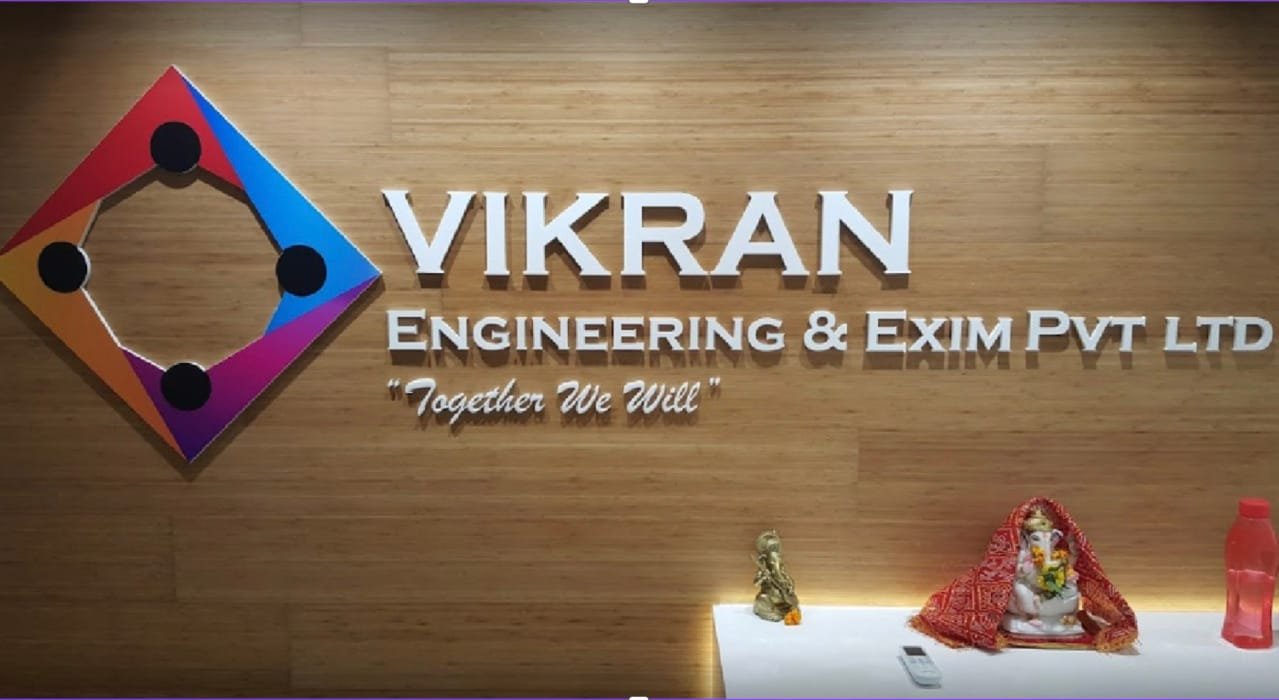In a move that is reshaping the technological landscape, Meta Platforms, the parent company of Facebook, Instagram, and WhatsApp, has signed a monumental agreement with Google. This six-year cloud computing partnership, valued at over $10 billion, represents a strategic shift in how tech giants are collaborating to build the future of artificial intelligence.This agreement stands out not only because of its huge value but also because of what it represents: even the biggest tech giants cannot shape the future of AI by themselves. Meta, despite its vast global infrastructure, is relying on Google Cloud-a direct rival-to secure the massive computing resources needed to power the next wave of AI models and innovations. This follows a similar major partnership Google secured with OpenAI, firmly establishing Google Cloud as a premier destination for the most demanding AI workloads.
To many, this might seem like nothing more than another layer of complex corporate news. However, at its core, it highlights a simple reality: building advanced AI systems requires collaboration, even among competitors, because no single company has all the resources to do it alone. However, this collaboration is a direct investment in the AI tools and experiences that are rapidly becoming part of our daily lives. The technologies behind social media recommendations, lifelike AI-generated visuals, virtual assistants, and cutting-edge scientific research all depend on immense computing power. This partnership seeks to establish that essential infrastructure at an unprecedented scale.
Why Would Meta, a Tech Giant, Need Google’s Help?
This is the central question. Meta is investing aggressively, spending billions of dollars to construct new, state-of-the-art AI data centers around the world. However, the demand for AI computing is exploding at a rate that outpaces even the most ambitious construction plans. Training a single advanced AI model can require thousands of specialized processors running for weeks or months.
To bridge this gap between its internal capacity and skyrocketing demand, Meta is pursuing a dual strategy. First, it is building its own infrastructure. Secondly, and more importantly, the company is working with outside partners to gain the extra capacity and flexibility it needs. In a telling move, Meta is also planning to sell $2 billion worth of its existing data center assets, a decision that may allow it to reallocate resources toward enhancing its AI-focused infrastructure while leveraging Google’s advanced, ready-to-use network.
The Engine of the Deal: Google’s Cloud Power
Meta isn’t just buying generic server space. It is specifically leveraging the most advanced parts of Google Cloud’s infrastructure. This setup incorporates Nvidia’s powerful GPUs, widely recognized as the core of today’s AI systems. Even more importantly, it incorporates Google’s custom-designed TPUs (Tensor Processing Units). Unlike general-purpose chips, these processors are purpose-built by Google to speed up AI workloads, often delivering greater speed and efficiency.
By utilizing Google’s TPUs, Meta can potentially train its AI models more quickly and deploy them more efficiently, saving both time and vast amounts of energy. This edge in technology is likely a major factor behind Meta’s decision to partner with Google Cloud in this groundbreaking deal.
A Lucrative Growth Engine for Google Cloud
The benefits are decidedly mutual. For Google Cloud, the agreement stands as strong proof that its AI-focused strategy is working. The division has already been experiencing explosive growth, reporting a 32% increase in revenue for the second quarter of 2025. This surge was largely attributed to high demand from AI-focused clients. By securing multi-billion-dollar agreements with both OpenAI and Meta-two of the biggest names in artificial intelligence-Google Cloud has reinforced its position as a leading player in this new era. The revenue generated from such partnerships feeds back into research and development, enabling Google to design even more advanced chips and software, setting off a self-sustaining cycle of innovation.
Also Read: Google Pixel 10 Series Launch: AI-Powered Phones Redefine the Future
What This Means for the Future: Collaboration and Competition
The Meta-Google deal perfectly illustrates the complex nature of the modern tech industry, often called “coopetition”- where companies are simultaneously competitors and collaborators. Meta and Google are tough rivals in digital advertising and across multiple consumer platforms. However, in the intense battle to lead in AI, they have discovered a strong strategic alignment.
This partnership signals that the AI arms race will be won not just by who has the best algorithms, but by who has the most scalable, powerful, and efficient computing infrastructure. No single company, not even one with the resources of Meta, has a monopoly on this infrastructure. By joining forces, these companies can accelerate innovation and achieve breakthroughs that would be difficult to accomplish independently. For users, this translates into smarter, more useful, and more responsive AI features integrated into the apps and services they rely on daily. On a larger scale, it pushes the entire industry ahead, bringing the vision of artificial intelligence closer to reality and expanding the boundaries of possibility.
In conclusion, this $10 billion agreement is not just another business contract-it represents a historic milestone. It highlights the incredible costs and computational demands of the AI revolution and shows how the world’s biggest tech companies are adapting, partnering, and investing to ensure they have the foundational power to build what comes next. The future of AI is being written in data centers, and this alliance between Meta and Google is a pivotal chapter.








